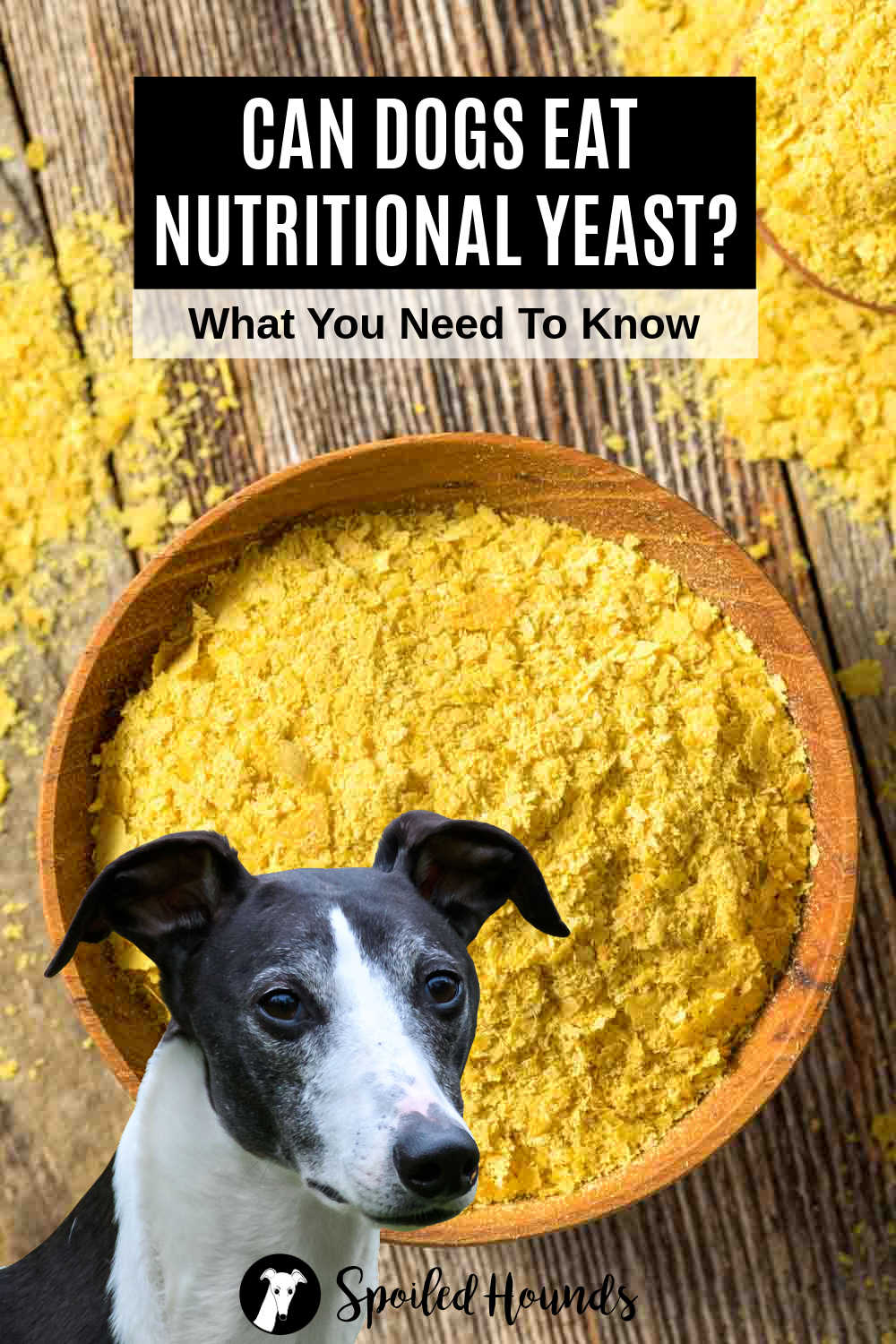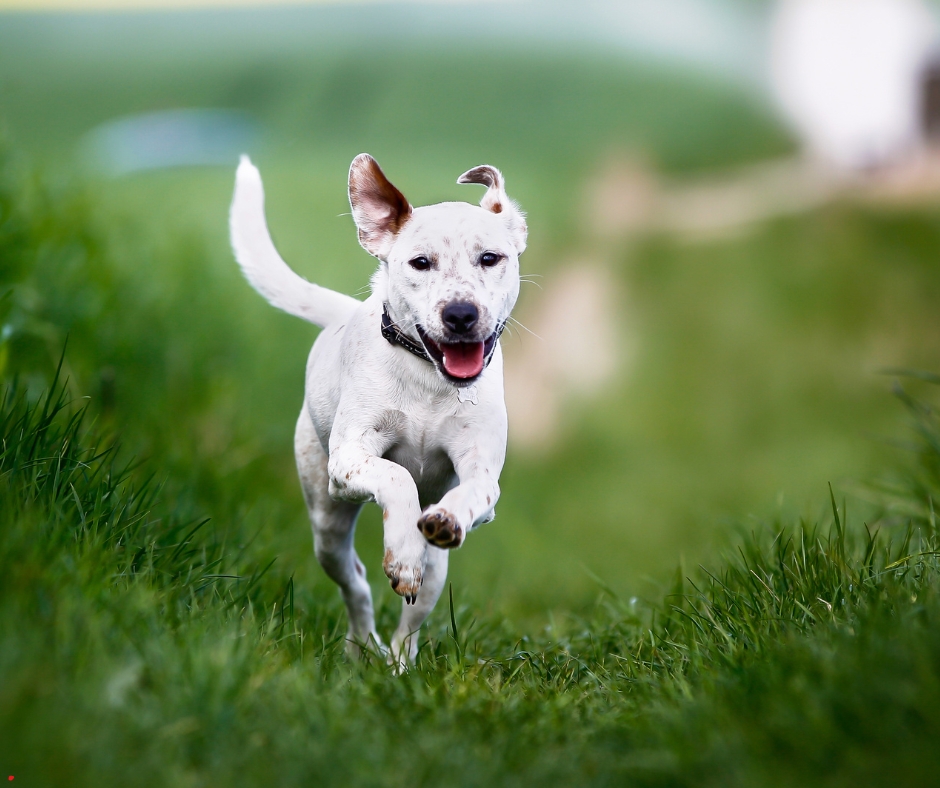Dog owners are increasingly adopting nutritional yeast for their dogs. It’s a versatile supplement with many potential benefits.
All of the nutritional yeast in your dog’s diet can be a healthy choice. This natural ingredient is rich in vitamins, minerals, and protein. Dog owners are discovering its potential to boost their pets’ health. It may improve coat condition, support the immune system, and enhance overall well-being.
Nutritional yeast is also known for its savory taste, which dogs seem to love. It’s simple to incorporate into meals, making it a convenient option. Knowing the benefits and how to use it can help you choose a dog food. Let’s explore why nutritional yeast could be a valuable addition to your furry friend’s nutrition plan.
Introduction To Nutritional Yeast
Nutritional yeast is gaining popularity among pet owners. Many believe it can enhance their dog’s health. But what exactly is nutritional yeast? How can it benefit your furry friend? Let’s dive into the details.
What is nutritional yeast?
Nutritional yeast is a deactivated yeast. It comes from the species Saccharomyces cerevisiae. We grow this yeast on molasses, harvest it, wash it, and then dry it. It has a cheesy, nutty flavor. Various dishes often use it as a seasoning.
We do not use nutritional yeast for brewing, unlike brewer’s yeast. People specifically grow it for its health benefits. It is abundant in vitamins, particularly B vitamins. It is also rich in protein and fiber. This makes it a beneficial supplement for both humans and pets.
Common Uses In Pet Diets
Nutritional yeast can be a beneficial addition to your dog’s diet. Many pet owners sprinkle it on their dog’s food. Its rich flavor makes it an appealing topper for kibble.
It can also help boost your dog’s nutrition. The B vitamins in nutritional yeast support energy levels. They also promote healthy skin and coat. The protein content can aid in muscle development. Fiber helps with digestion and overall gut health.
Some believe it can deter fleas. While not scientifically proven, many pet owners claim it helps. Always consult your vet before adding new supplements to your pet’s diet.

Credit: bestiehealth.com.au
Health Benefits For Dogs
Nutritional yeast is more than just a trendy supplement. It offers many health benefits for dogs. This natural ingredient can boost energy, support the immune system, and improve overall health.
Rich In B Vitamins
Nutritional yeast is rich in B vitamins. These vitamins are essential for your dog’s health. They help with energy production, brain function, and red blood cell formation.
- Vitamin B1 (Thiamine): Supports metabolism and nerve function.
- Vitamin B2 (riboflavin): important for energy production and skin health.
- Vitamin B3 (Niacin): Helps with digestion and nerve function.
- Vitamin B6 (pyridoxine): Crucial for brain health and hormone regulation.
- Vitamin B12 (cobalamin): essential for red blood cell production and nervous system health.
Immune System Support
Nutritional yeast can also support your dog’s immune system. It contains beta-glucans, which are natural compounds that enhance immune responses.
- Beta-glucans help activate white blood cells.
- They improve resistance to infections.
- Beta-glucans also promote healthy gut flora, aiding digestion.
Including nutritional yeast in your dog’s diet can be a simple way to boost their overall health and well-being.
Nutritional Profile
Nutritional yeast is a popular supplement for dogs. It offers many health benefits. Understanding its nutritional profile can help you make an informed decision. Let’s explore its key nutrients and caloric content.
Key Nutrients
Nutritional yeast is rich in essential vitamins. It contains high levels of B vitamins. These vitamins support energy production. They also promote healthy skin and coat. It is also a beneficial source of protein. Protein helps in muscle development and repair. Nutritional yeast provides essential amino acids. These amino acids support overall health.
It also contains minerals. Notably, it has selenium and zinc. Selenium boosts the immune system. Zinc supports skin health and wound healing. Additionally, it offers antioxidants. Antioxidants protect cells from damage. They help maintain overall well-being.
Caloric Content
Nutritional yeast is low in calories. A tablespoon contains around 20 calories. This makes it a useful supplement. It adds nutrients without adding many calories. It is suitable for weight management. You can give it to dogs of all sizes. It provides nutrition without the risk of weight gain.
It’s important to consider portion sizes. Small amounts can offer significant benefits. Always consult your vet before adding new supplements. They can guide you on the right dosage.

How To Introduce Nutritional Yeast
Introducing nutritional yeast to your dog’s diet can offer many benefits. It is brimming with nutrients and possesses a cheesy flavor that dogs adore. But you need to do it right to ensure your dog gets the full benefits without any issues. Follow these steps to introduce nutritional yeast properly.
Proper Dosage
Start with a small amount. A pinch or a teaspoon is enough at first. This helps your dog’s body adjust to the new addition. Increase the amount gradually over a week or two. A general guideline is to use one teaspoon per 10 pounds of your dog’s weight. Always check with your vet before adding anything new to your dog’s diet.
Mixing With Regular Food
Mix the nutritional yeast with your dog’s regular food. Sprinkle it over dry kibble or mix it into wet food. This ensures an even distribution and makes it simple for your dog to eat. Because nutritional yeast has a strong flavor, a small amount is sufficient. Observe your dog to make sure they enjoy the taste.
If your dog is a picky eater, try mixing it with their favorite treat first. This can make the introduction smoother. Remember to keep the portions small and increase gradually. Your dog’s digestion and taste buds will adapt over time.
Potential Side Effects
Potential side effects of nutritional yeast for dogs are not very common. But they can happen. Knowing these side effects helps pet owners make informed choices.
Allergic Reactions
Some dogs may develop allergic reactions to nutritional yeast. Symptoms include itching, redness, and hives. Observe your dog for these signs after introducing the yeast. If you see any of these symptoms, stop giving the yeast. Contact your vet for advice.
Digestive Issues
Digestive issues can occur if a dog consumes too much nutritional yeast. Symptoms include diarrhea, gas, or stomach upset. Start with small amounts to see how your dog reacts. Increase the dosage gradually over time. Always ensure your dog has access to fresh water.
Choosing The Right Product
Choosing the right nutritional yeast for your dog is crucial. Many options are available in the market, but not all of them are equal. It’s essential to understand what makes a product beneficial for your furry friend. Let’s explore some factors to consider.
Organic Vs. non-organic
We grow organic nutritional yeast without using synthetic fertilizers or pesticides. This means fewer chemicals in your dog’s diet. Non-organic yeast may contain traces of these chemicals. Organic options are often more expensive but can offer peace of mind.
- Growth Method: Natural-Conventional
- Chemical Exposure: Low-Possible
- Cost: Higher-Lower
Trusted Brands
Trustworthy brands ensure quality and safety. They often conduct rigorous testing. Choosing a reputable brand can make a difference. Here are some factors to consider:
- Ingredient Transparency: Brands should clearly list all ingredients.
- Customer Reviews: Read reviews from other dog owners.
- Certifications: Look for certifications from pet health organizations.
Some trusted brands include:
- Bragg: Known for high-quality, organic products
- Bob’s Red Mill: Offers organic and non-organic options
- Now Foods: Provides detailed ingredient information and testing results
Diy Nutritional Yeast Treats
Creating your own dog treats can be a fun and rewarding experience. Adding nutritional yeast to your homemade treats adds a healthy twist. Nutritional yeast is rich in vitamins and minerals, making it a beneficial supplement for your dog’s diet. Let’s dive into some simple recipes and storage tips for DIY nutritional yeast treats.
Easy Recipes
Here are some simple and delicious recipes to get you started:
- Peanut Butter and Nutritional Yeast Biscuits
- Ingredients:
- 1 cup whole wheat flour
- 1/2 cup rolled oats
- 1/4 cup nutritional yeast
- 1/2 cup peanut butter
- 1/2 cup water
- Instructions:
- Preheat oven to 350°F (175°C).
- Mix all ingredients in a bowl until well combined.
- Roll out the dough and cut into desired shapes.
- Place on a baking sheet and bake for 20 minutes.
- Ingredients:
- Sweet Potato and Nutritional Yeast Bites
- Ingredients:
- 1 cup mashed sweet potatoes
- 1/2 cup whole wheat flour
- 1/4 cup nutritional yeast
- 1 egg
- Instructions:
- Preheat oven to 350°F (175°C).
- Mix all ingredients in a bowl until smooth.
- Scoop small amounts onto a baking sheet.
- Bake for 15 minutes or until golden brown.
- Ingredients:
Storage Tips
Proper storage is key to keeping your homemade treats fresh and safe.
- Airtight Containers: Store treats in airtight containers to prevent moisture.
- Refrigeration: For longer shelf life, refrigerate the treats.
- Freezing: You can freeze treats in zip-lock bags for up to three months.
Remember to label your containers with the date of preparation. This helps you keep track of freshness. Always check treats for signs of spoilage before giving them to your dog.

Consulting Your Veterinarian
Consulting your veterinarian before adding nutritional yeast to your dog’s diet is essential. Your vet can provide tailored advice based on your dog’s health needs. Always prioritize your pet’s well-being by seeking professional guidance.
When To Seek Advice
Seek advice if your dog has existing health issues. Conditions like allergies, liver disease, or kidney problems need careful consideration. Consult your vet if you plan to use nutritional yeast as a supplement. Your vet can help determine the right dosage for your dog’s size and health.
Monitoring Your Dog’s Health
Monitor your dog for any reactions after introducing nutritional yeast. Look for signs like itching, stomach upset, or behavioral changes. Regular check-ups with your vet ensure your dog stays healthy. Share any concerns or observations with your vet promptly.
FAQ
Is nutritional yeast safe for dogs?
Yes, nutritional yeast is safe for dogs. It is a non-toxic, nutritious supplement. Always consult your vet before introducing new supplements.
What Benefits Does Nutritional Yeast Offer Dogs?
Nutritional yeast provides B-vitamins, protein, and fiber for dogs. It boosts energy, supports the immune system, and promotes healthy skin and coat.
How Much Nutritional Yeast Should I Give My Dog?
The dosage depends on your dog’s size and diet. Typically, start with a small amount, like 1/4 teaspoon, and monitor for reactions.
Can Dogs Have Allergic Reactions To Nutritional Yeast?
Yes, some dogs may be allergic. Watch for symptoms like itching, redness, or digestive issues. Discontinue use if any adverse reactions occur.
In Conclusion
Nutritional yeast can be a beneficial addition to your dog’s diet. It offers various health benefits, including improved coat and digestion. Always consult your vet before introducing new foods. Start with small amounts and monitor your dog. Observe any changes in their behavior or health.
Your furry friend deserves the best care. Nutritional yeast could be a helpful part of that. Happy, healthy dogs make satisfied owners. Give it a try and see the benefits for yourself.










